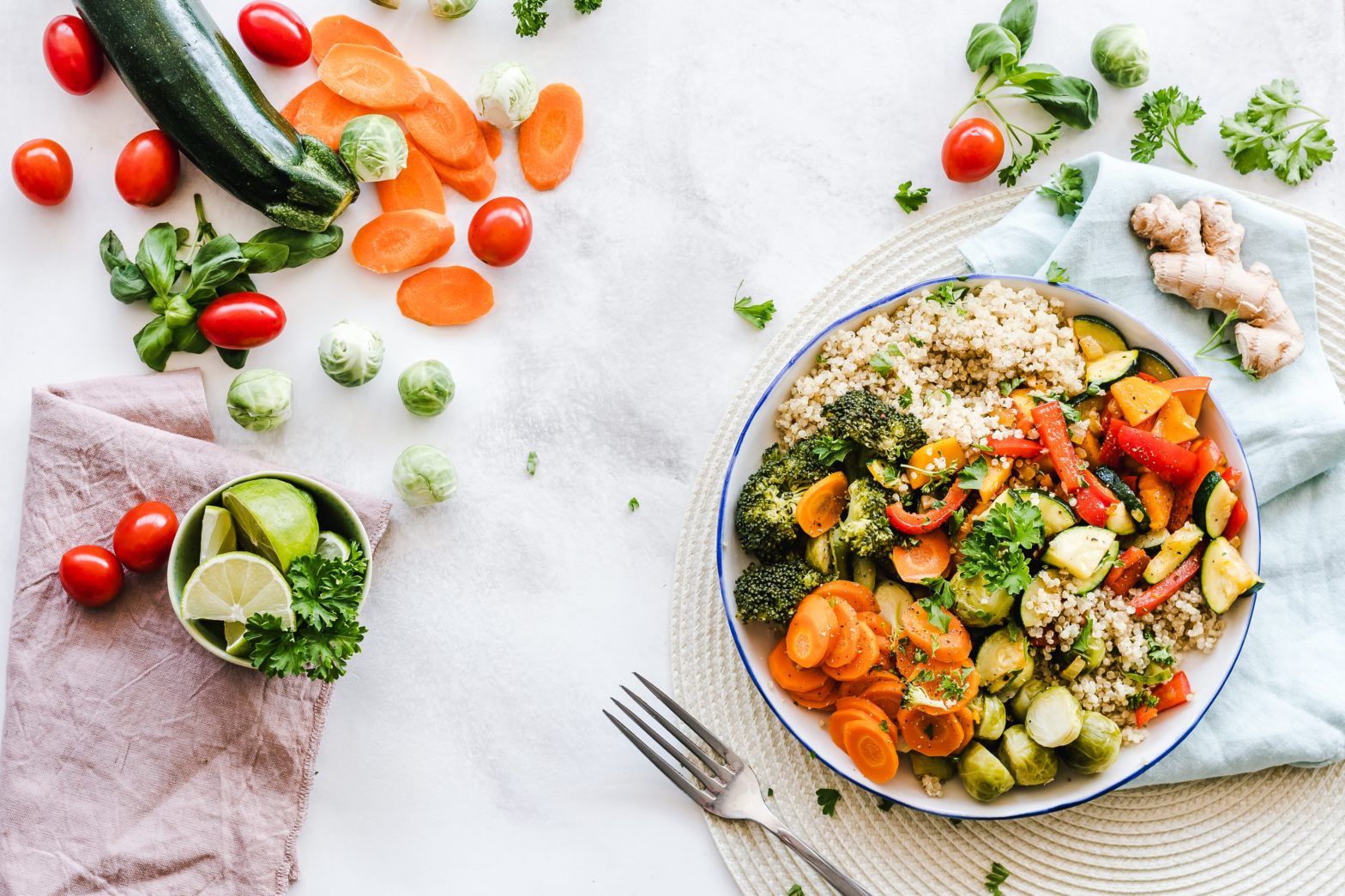
Plant-based continues to have a high profile in foodservice and food retail. The term appeared in the 1970s and Merriam-Webster traces the use of plant-based in the popular culture from then to now.
BIPOC communities share some of the drivers of plant-based eating as the general population (improved health, concern about the environment, more options available at the grocery store/restaurant, influence of social media/peers) yet they have other influences as well.
Best plant-based food retailers
The Good Food Retail Institute released its ranking of food retailers with best plant-based offerings based on assortment and marketing. Whole Foods came out on top. You can see the stars awarded in each category, overall score for the 15 retailers.
What drives BIPOC audiences to adopt vegan/plant-based eating?
Preventing disease, sustainability, food justice, empowerment, rediscovering heritage, celebrity influencers/social media. These are just a few reasons people may choose to eat a plant-based diet. Dataessential, a company that provides data for the food industry, finds 7% of Asians, 3% of Hispanics and blacks are vegetarians. Interestingly the South has more vegans but not vegetarians. Black and vegan looks at the diverse influences on choosing plant-based eating including having a family member with a chronic/terminal illness, living in an area where the environment negatively affects black farmers, viewing documentaries. One black nutritionist who is a vegan suggests looking at plant-based as an abundance of options/flavors instead of deprivation. Tracye McQuirter, a black public health nutritionist, advocates plant-based eating at By Any Greens Necessary. A Homecoming traces one black woman’s journey to veganism which includes Michael Pollan, Oprah Winfrey, an Afro vegan cookbook, gaining agency over your health and more. Slutty Vegan, in Atlanta (with big flavor and unique menu names), is one black-owned vegan restaurant spicing up the South. The nutrition analysis of one menu option at Slutty Vegan, the Impossible Burger with cheese, sauce and fries isn’t good although it’s important to note that the nutrition breakdown doesn’t distinguish between the burger and the fries in the analysis.
As one black New Orleans vegan restaurant owner says, ‘It’s not cool to be unhealthy anymore.’ Mexican cuisine is traditionally plant-based and vegan options such as ‘beef’ taco crumbles and cashew-based quest are now available. More diversity…East and South Asian diets differ in their vegan/plant-based approaches with differences within some practices. For some Native Americans cultural traditions centering on animals makes veganism complicated yet there are cultural plant-based dishes available.
